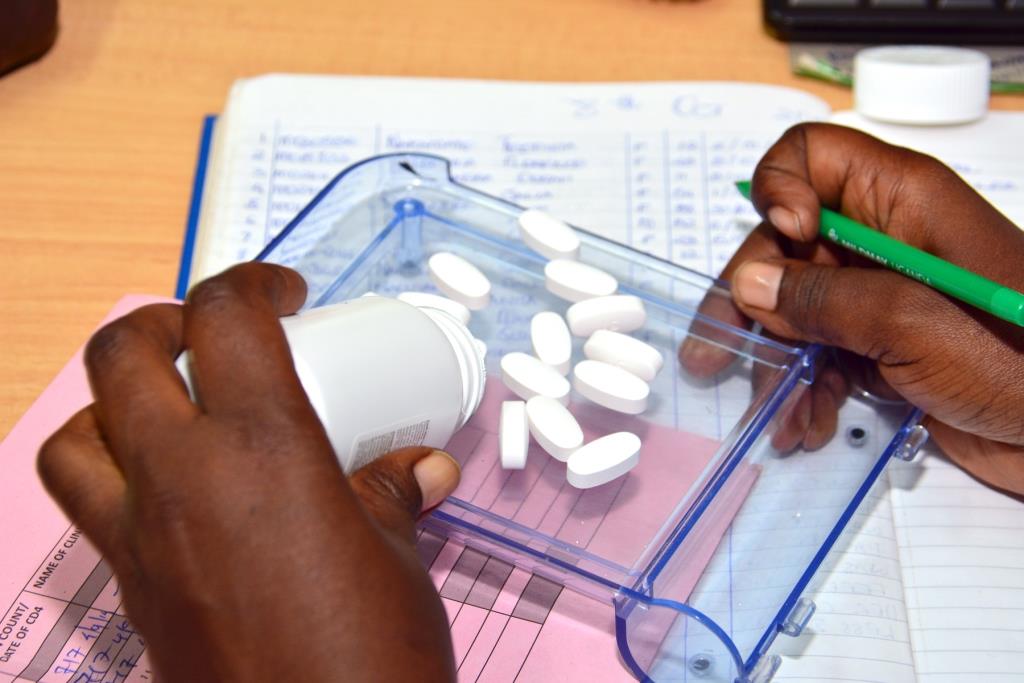- Give & Donate
- Reports
- Mildmay Hospital
- Mildmay Institute
- Mildmay Research

Evaluation of Differentiated HIV Service Delivery Models (DSDMs) Shows Promising Results
A recent study evaluating differentiated HIV service delivery models (DSDMs) in Uganda revealed positive impacts on ART access and treatment outcomes. Conducted across eight districts, the study compared four DSDMs, including Community Client Led ART Distribution (CCLAD) and Community Drug Distribution Points (CDDP), to the traditional facility-based model. Key findings showed that patients in CCLAD and CDDP models demonstrated better ART adherence, viral load suppression, and reduced TB prevalence. Additionally, they experienced shorter travel times, lower transportation costs, and fewer privacy concerns, alongside improved service efficiency and peer support.
These community-based models not only enhanced the convenience of ART refills but also reduced stigma and fostered greater HIV status disclosure. The Fast-Track Drug Refill (FTDR) model also performed well, improving viral load suppression and service delivery convenience. However, patients in facility-based care were more likely to stay on their first-line ART regimen.
This study underscores the effectiveness of client-centered approaches, highlighting the need for ongoing innovation in ART program delivery to meet patient needs without compromising care quality.
See full article here: https://www.dovepress.com/articles.php?article_id=95503.